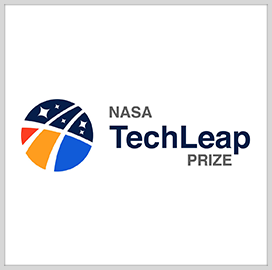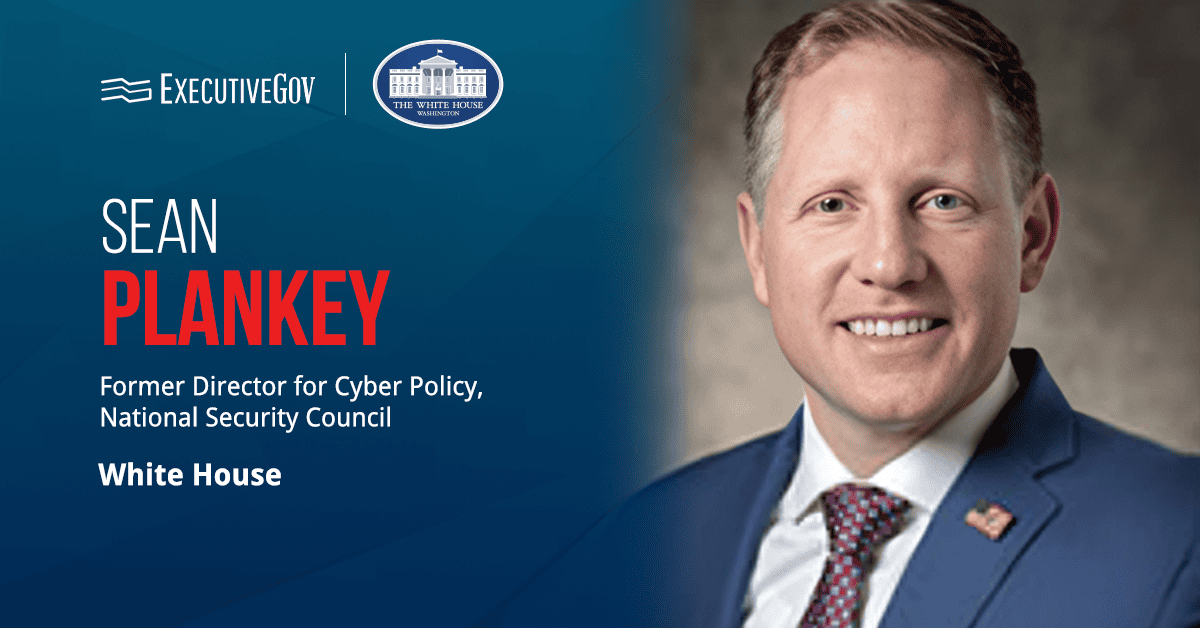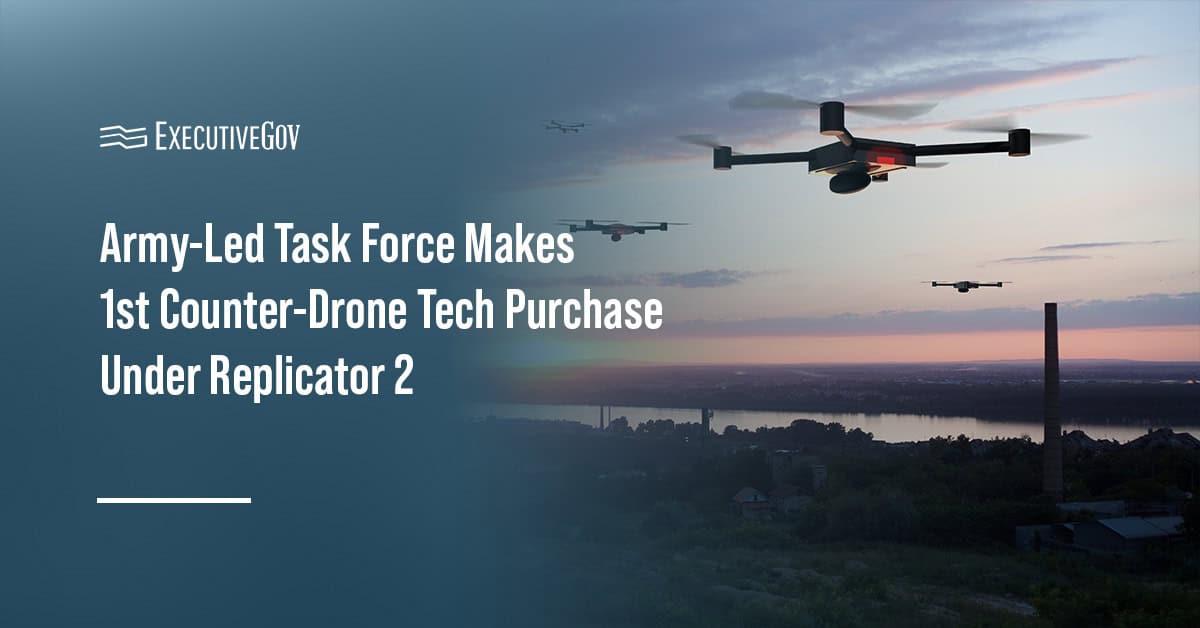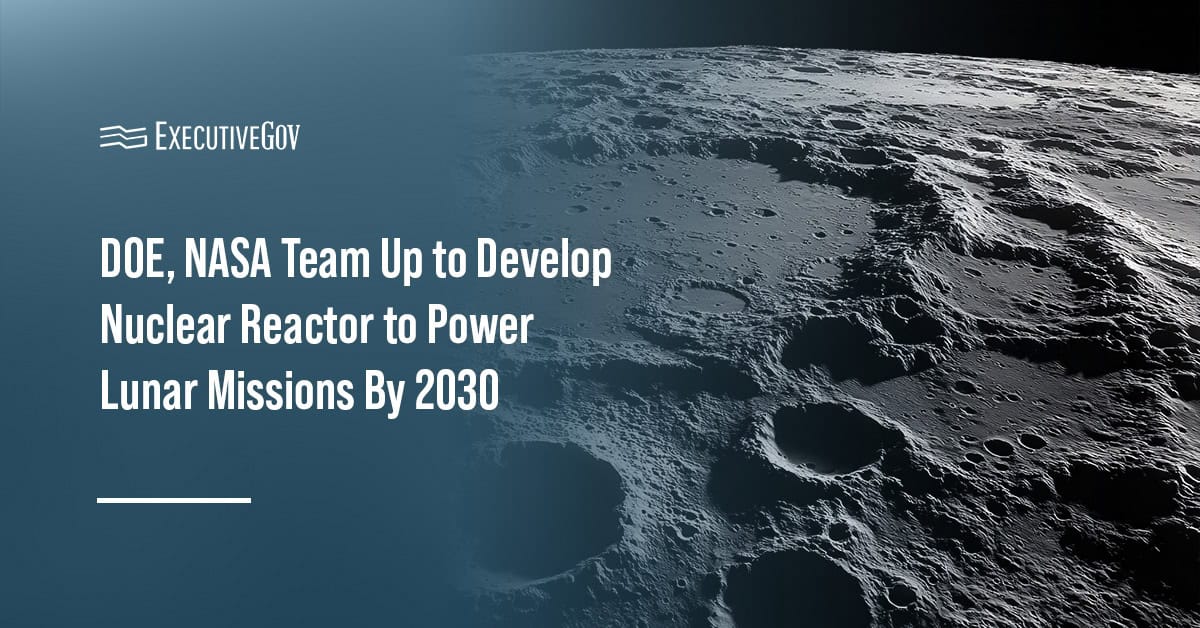The Bronco Space Club, Orion Labs and Texas A&M SEAK Lab have won a NASA competition that sought technologies designed autonomously to track small spacecraft and observe events happening on Earth.
The teams will initially each receive $200,000 for winning Autonomous Observation Challenge No. 1 of the TechLeap Prize competition.
The cash prizes will fund the winners' payloads, which will undergo suborbital flight testing later on. Winners will work on their payloads over an eight-month period.
“The ability to select and fly technologies this quickly can help us change the pace of space for everyone,” said Christopher Baker, program executive for NASA’s Flight Opportunities and Small Spacecraft Technology programs.
The teams will compete for $200,000 more in awards and have the chance to receive $100,000 during the payload's construction. NASA tasked a panel to evaluate entries based on key technology requirements.





